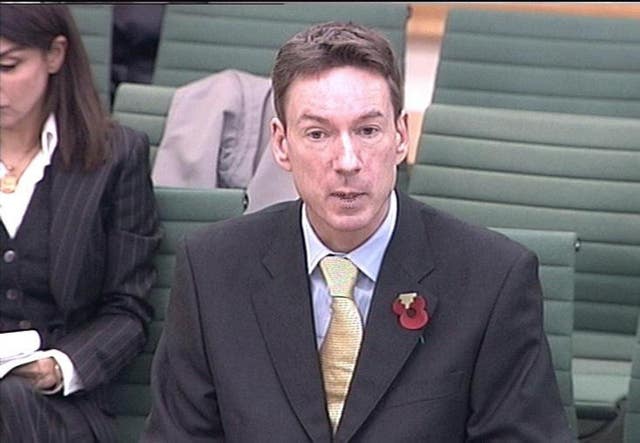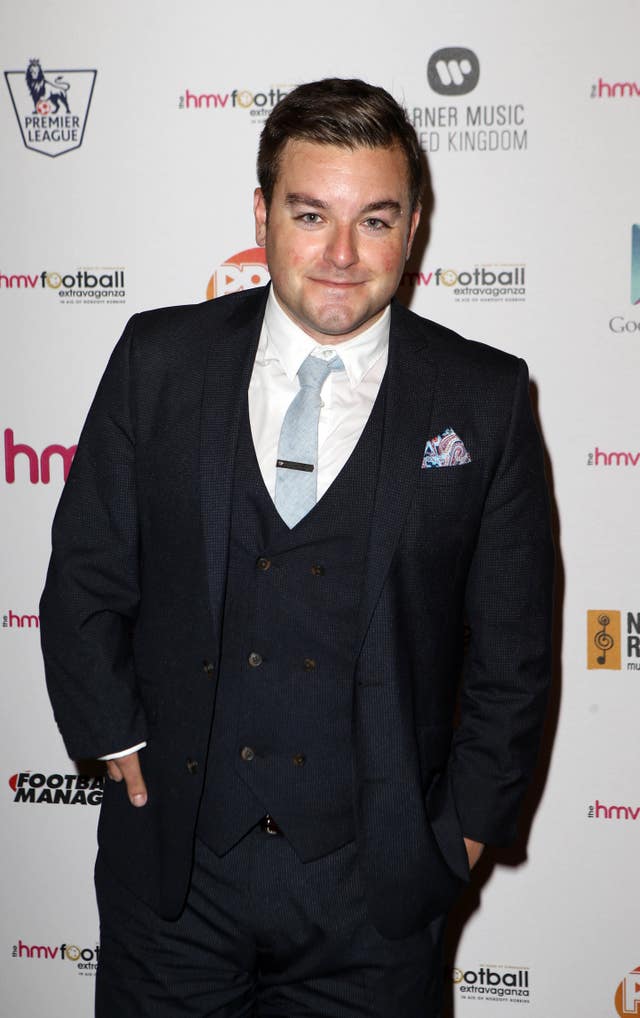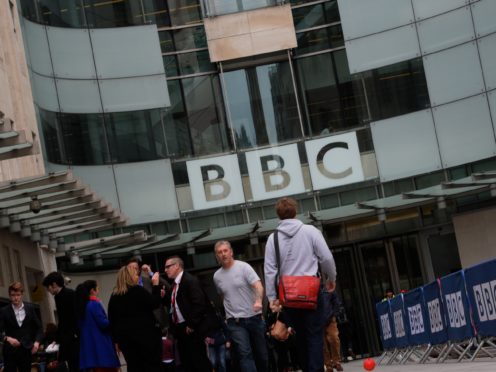The BBC has pledged to improve representation of disabled people on and off screen.
Many have complained of too little representation of disability on TV.
The broadcaster has now announced a “concerted drive to go further on representation”.

As well as new programmes, there will be “enhanced portrayal in existing programmes”, it said.
New commissions will include a “deeply personal film” from BBC security correspondent Frank Gardner, confronting the challenges of suddenly becoming disabled.
Gardner has used a wheelchair after being shot six times by al Qaida gunmen in Saudi Arabia.
The Last Leg star Alex Brooker will confront “the true nature of his disability for the first time” in Disability And Me.
Actor and writer Mat Fraser will curate “challenging” monologues, all performed by someone with a disability, and comedy Jerk will return for a new series.
The BBC has also pledged to improve “incidental and integrated disability portrayal in existing programmes”.

It cites blind broadcaster and entrepreneur Amar Latif joining the line-up of Pilgrimage, actress and comedian Liz Carr delving into her family tree in Who Do You Think You Are? and disabled panellists on Celebrity Mastermind and Would I Lie To You?
Strictly Come Dancing, The Apprentice and EastEnders will feature in a scheme to “make a tangible difference to the careers of many talented disabled people in TV, who face some particular challenges with progression”.
The broadcaster will also introduce a “BBC passport” for staff with disabilities, which records needs and “helps ensure” the right support to be able to move smoothly between jobs.
BBC controller of factual commissioning Alison Kirkham said the industry “hasn’t always done enough to offer opportunities for disabled people and so has missed out on their talent”.
But she added: “We want to set the bar forever higher, for the entire industry, both with off-screen talent and on-screen representation.”
The announcement was made on International Day Of People With Disabilities.
Disability equality charity Scope welcomed the BBC’s commitment.
“Disability remains hugely underrepresented on our screens and behind the scenes, particularly as one in five people are disabled,” Scope’s head of communications Warren Kirwan said.
“When disabled people don’t see themselves represented, talent and potential go unrecognised and negative attitudes and stigma goes unchallenged.
“It’s good to see our broadcast companies working to actively challenge perceptions and attitudes towards disabled people in everything they do.”
